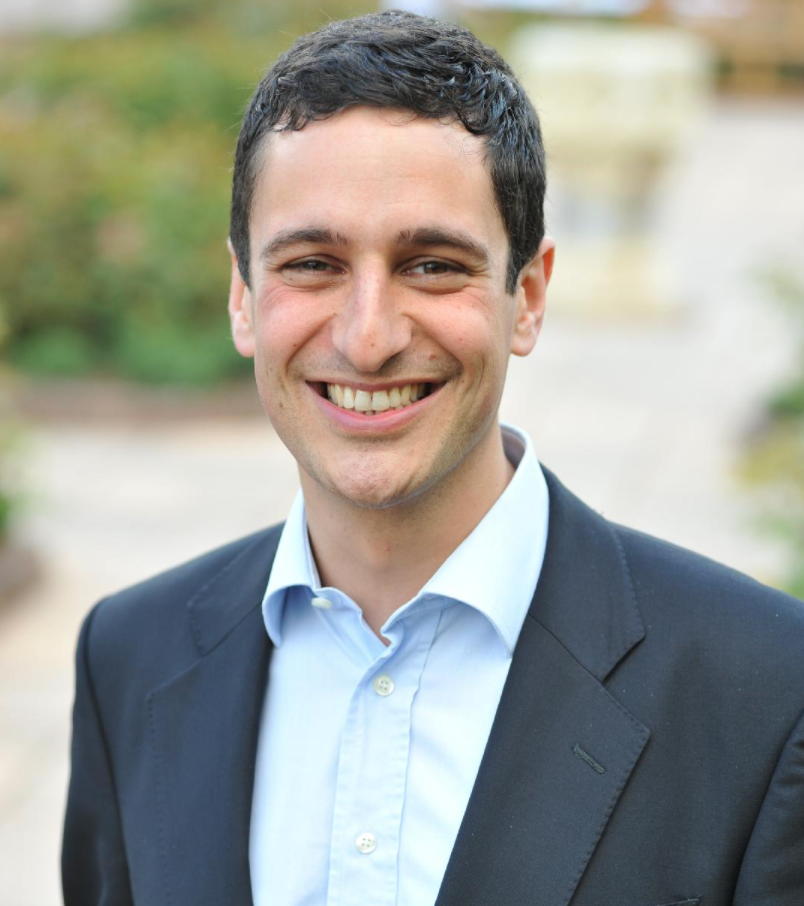 How did you get involved with MCT?
How did you get involved with MCT?
I was young, still in my twenties, when Lena set up Mosaic 15 years ago. She was looking for a diverse and representative trustee body, that would support her to address a number of issues in the Westminster area that she was especially passionate about. These were issues of religious tolerance, community cohesion and access to health and wellbeing services (for everybody). I was born in the area and, at the time, had recently been ordained as an interfaith minister. I had legal qualifications too and was wanting to work more deeply with faith and community-based issues. I think Lena, a family friend, liked the combination of legal and faith knowledge and youth that I offered! Having me also suggested a good balance with other, older and very experienced trustees, like Sheikh Zaki Badawi and Dr. Natubhai Shah of the Jain community. 15 years later Dr. Shah and I are still there. We’ve seen the organisation grow from simple beginnings into something very beautiful. Mosaic makes a genuine, positive impact in the lives of the people of Westminster. I’m so proud of all that that Lena and her amazing team have achieved.
MCT have been focusing on de-stigmatising men's mental health. Are there any personal stories you would like to share regarding the positive/negative impacts the last year has had on you?
I’ve been blessed. My family and I haven’t had the virus and there have been moments of normal happiness and peace for us. Still, as for many people, the different areas of life have become more pressurised, and simultaneously so: At home, my wife and I have young children to home-school and care for. At work, we’ve been trying to navigate the significant impact of lockdown (and Brexit) on our business and staff. And socially, none of us have had the usual opportunities for sharing and enjoying life with friends, loved ones and our communities. Many people have had it much worse of course. But being under pressure in multiple areas of life at once, is a challenge. There’s little respite. We admire the war-time spirit to “keep calm and carry on” but it’s also good to recognise that emotionally, these challenges can highlight ours’ and others’ vulnerabilities. Underlying tensions can be exposed and create more possibilities for conflict and depression. It can take significant strength and resilience to cope. Last year there were times I struggled. But in trying to manage my small portion of it, I’ve also discovered the power of letting go a bit, asking for help and giving the people and situations around me (including myself) more time, space and love. It’s not really what I expected at the beginning of 2020, but for me it’s the way to make this experience of pandemic a positive one.
How do you feel the pandemic has impacted MCT as a whole?
It’s been huge. As a community-based public health charity, we’ve been called on to deal with frontline issues associated with the virus. These have included vaccine and mental health awareness and institutional discrimination against minority communities. Fortunately, we’ve successfully worked with all of our funders to repurpose existing grants for Covid-19 related activities.
And our partnerships, with the complete range of organisations involved in public health in Westminster, has come fully into play. It’s meant that we’ve been part of the most well-coordinated public health response of our life-times. Mosaic recently organized an online meeting, bringing together our community health ‘champions’ with local GPs, immunologists and Westminster Council to answer questions and spread awareness of the vaccine roll-out.
But the lockdown restrictions have meant we’ve also had to change the way we do our work. Our face-to-face approach has given way to a predominantly phone-based support service. We realized quickly that the phone was more effective than computer, to keep in contact with our users, as the phone is simply more widely used within the BAME community.
Over the phone, the Mosaic team and our Community Advocates have been able to work closely with individual residents to challenge Covid-19 stigma, discrimination, and misinformation.
Of particular concern to us though, as we speak to our users, is that the pandemic is intensifying the health inequalities that they experience and exacerbates household issues, such as domestic violence, drug abuse and relationship breakdowns. All of this is leading to heightened depression and anxiety in the community.
We’ve therefore implemented new services for isolated and vulnerable, BAME residents. Our aim is to manage emotional health and wellbeing with particular reference to stress and depression during the Covid-19 pandemic.
The intensity of the crisis may be stretching Mosaic’s capacity to its limits, but it’s also clear that the service we offer has never been as needed as it is now.
Looking forward, where would you like to see MCT heading? What would be the ideal outcome of change MCT can make?
I think working in ever deepening collaboration with the full range of organisations engaged in public health and social cohesion is the future of Mosaic’s work. Intelligent partnership of this kind is powerful, effective and what the people of Westminster (and everywhere) deserve.
At the same time, the pandemic has highlighted the special role that organisations like Mosaic fulfil within such collaborations. In my view, public health and social cohesion mustn’t become overly institutionalised in their delivery if they are to reach the most vulnerable individuals and communities. Grass-roots, community-based organisations like Mosaic offer the necessary extra-reach, getting to those who would otherwise too easily slip through the gaps.
But the way that Mosaic achieves that is what makes the difference. Put simply it’s the way of the heart. This means meeting people where they are, connecting on a personal basis, developing sincere and respectful relationships, and in so doing, fostering love and trust. It doesn’t work otherwise.
For me, this is the irreplaceable thing that Mosaic offers, not only to its users but within the kind of collaborations I mentioned. It’s our ‘star.’ It’s what the organisation is particularly appreciated for by those who have experienced its work, and it should continue to be the guiding principle of Mosaic’s future development.
In this way, with the right kind of institutional support, I see Mosaic, in collaboration with many other organisations, offering the kind of good value, integrated and heart-filled public service that would do our country proud.


